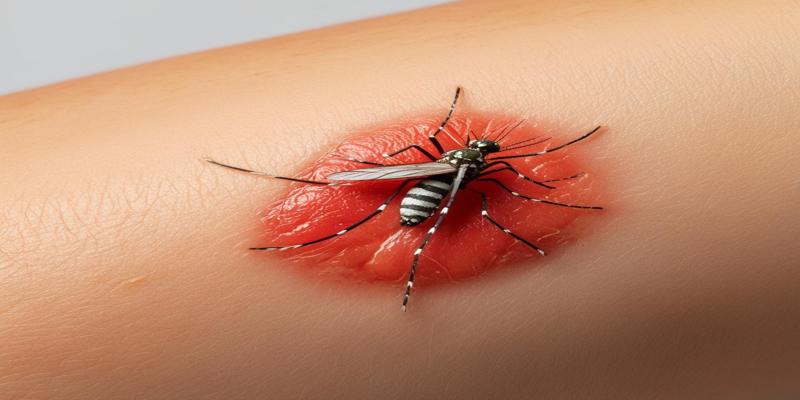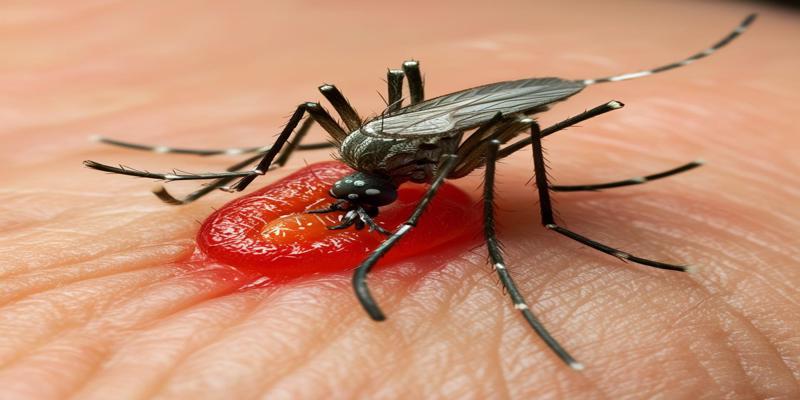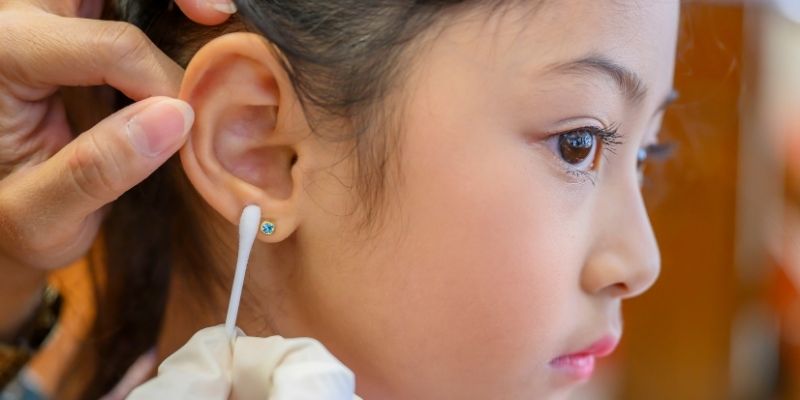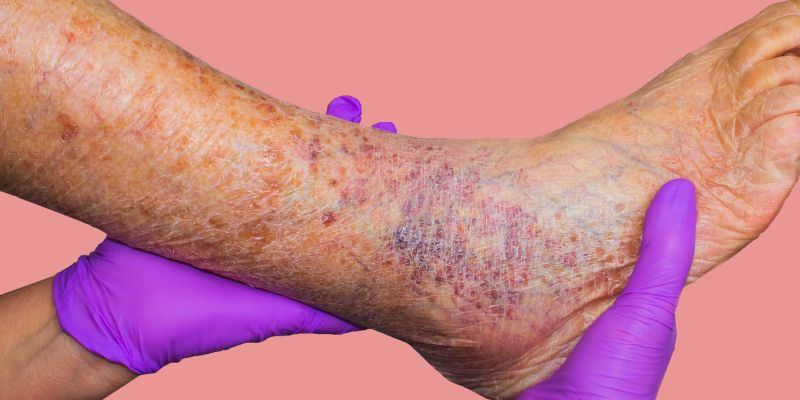Advertisement
Are you one of the unfortunate few who have allergies to mosquito bites? Most people feel irritation from mosquito bites, but some are pretty allergic. Once you understand the symptoms and treatments available for mosquito bite allergies, you will be better equipped to handle this condition.

Mosquito Bite Allergies: An allergic reaction occurs when the body reacts more strongly than usual to the proteins in mosquito saliva. While most individuals experience mild itching and swelling post-bite, individuals with allergies may experience worse symptoms.
If you are allergic to mosquito bites, you can observe the more intense reactions below, which can be larger, more swollen bumps with higher intensity of itchiness that lasts longer than usual:
In rare cases, some individuals may experience anaphylaxis, a severe allergic reaction requiring immediate medical attention.
Your immune system's response to mosquito saliva determines the severity of your reaction. Factors that may increase your risk of developing a mosquito bite allergy include:
It's worth noting that children and travelers to new areas may be more susceptible to stronger reactions, as their bodies have yet to build up a tolerance to local mosquito species.
Allergic reactions to mosquito bites overreact by your immune system to the proteins in mosquito saliva. The outcome of such hypersensitivity may manifest in various symptoms, which can be more severe than the normal reaction to mosquito bites. Understanding these symptoms will help you identify whether you are experiencing an allergic response.
Within minutes of a mosquito bite, you may notice:
Some individuals experience delayed reactions, occurring hours or even days after the bite:
In rare cases, mosquito bites can trigger a severe allergic reaction known as anaphylaxis. Symptoms may include:
It's crucial to seek immediate medical attention if you experience severe symptoms. While uncommon, anaphylaxis can be life-threatening and requires prompt treatment.

Although anybody can be allergic to mosquito bites, some individuals are particularly at risk due to other factors that may affect their susceptibility. Identifying these risk factors will help you take proper precautions and adequately manage your exposure to mosquitoes.
Your blood type and body chemistry are significant factors that attract mosquitoes. Studies have shown that mosquitoes are more likely to bite people with Type O blood than any other blood type-about twice as likely to bite a person with Type O blood compared to a person with Type A blood. People with higher concentrations of lactic acid, uric acid, and ammonia tend to be more attractive to mosquitoes.
What you wear and how active you are also make a difference. Mosquitoes like dark colors, so wearing lighter-colored clothes lowers the risk of being bitten. In addition, any physical activity you do raises your body temperature and level of carbon dioxide. That, in turn, makes you attract more mosquitoes.
You play an essential role in determining whether you will get mosquito bites. Places with running water, humid climates, and thick vegetation harbor the most mosquitoes. If you stay nearby or visit such places very often, your chances of getting bitten and perhaps developing allergic reactions are increased.
If a mosquito bite allergy is suspected, one must distinguish whether the reaction is expected or allergic. Common symptoms include higher-than-normal swelling, itching, and redness that lasts a few days longer. You can develop hives, difficulty breathing, or anaphylaxis in more severe instances. If you develop any of these, you should seek medical help without hesitation.
Your doctor may consider confirmation of a mosquito bite allergy by:
Management of allergies to mosquito bites involves immediate relief and long-term management strategies:
To minimize your risk of mosquito bites and subsequent allergic reactions:
Eliminate standing water sources around your home where mosquitoes breed. Routinely empty birdbaths, flowerpot saucers, and children's toys. Keep gutters clean and properly draining. Eliminate the entry of mosquitoes into your living spaces by installing or repairing window and door screens.
Some natural methods may help deter mosquitoes: plant mosquito-repellant flora like citronella grass, marigolds, or lavender in your garden; use essential oils like eucalyptus or peppermint in diffusers or as topical applications with a carrier oil. However, natural remedies may not be effective for more severe allergies than chemical repellents.
Those with a more dangerous mosquito bite allergy should consult an allergist about preventive medicines. For those who have severe reactions, taking antihistamines in advance can lessen the severity. In extreme situations, a doctor may suggest immunotherapy to desensitize your immune system against mosquito saliva proteins. Always carry emergency medication if prescribed, such as epinephrine auto-injectors, for potentially life-threatening reactions.
In conclusion, knowing mosquito-bite allergy can bring much comfort in one's life if the season of mosquitoes is eminent. Knowing the symptoms early and taking precautions can minimize discomfort and possible complications.
Advertisement

By Madison Evans/Jan 03, 2024

By Noa Ensign/Nov 08, 2024

By Christin Shatzman/Mar 16, 2025

By Nancy Miller/Nov 09, 2024

By Juliana Daniel/Jan 14, 2025

By Celia Shatzman/Mar 18, 2025

By Pamela Andrew/Dec 21, 2024

By Gabrielle Bennett /Mar 16, 2025

By Mason Garvey/Mar 16, 2025

By Elena Davis/Mar 16, 2025

By Sid Leonard/Dec 21, 2024

By Triston Martin/Dec 21, 2024